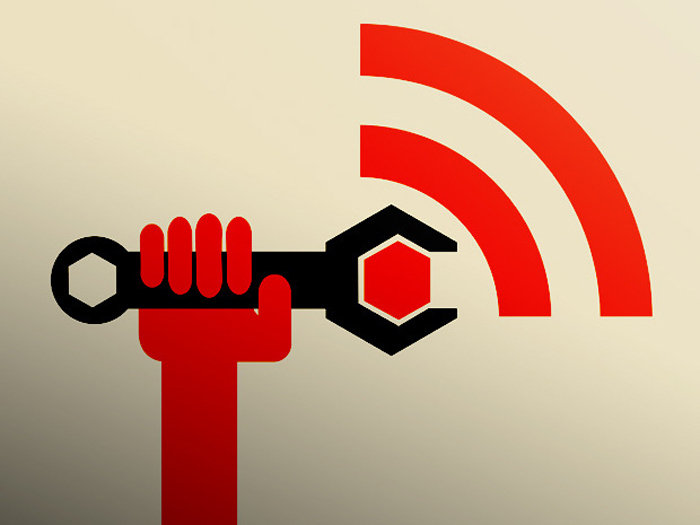Wifi is the most cost friendly and preferred internet connection for both Small and Medium size Businesses. Unfortunately, many of these businesses lack the necessary skills needed to secure their network properly, which leaves the business vulnerable to cyber-attacks.
The following are a few basic security practices to be applied to when implementing a wifi connection in your business.
Have Restricted Physical Router access:
Wifi Routers have a RESET button, Since “Resetting” can be done if and only if the attacker (hacker) have physical access to the Wifi Router, then it is strongly recommended to put Wifi Router in a Restricted area, and in advance with surveillance cameras, access control systems and monitoring systems 24/7.
Change the Default Usernames and Passwords:
Wifi Routers come with default settings and configurations, some of these default settings are usernames and passwords, then the best security practice is to change these credentials to something else, and strong password can have at least 15 characters long, and this have to be alphanumeric, special characters and even space.
Change the Wifi Router Default name:
Default Wifi names known as SSID (Service Set Identifier), such name examples are TP-Link, D-Link, Netgear3040, and many others, these default names do tell hackers what to look for in internet concerning the specific type of Wifi Router.
Use WPA 2:
Note: WPA 2, is the most and currently secure Wifi encryption and all modern Wifi Routers come with WPA 2 as their default Wifi model of encryption.
Double Up on Firewalls:
All Wifi Routers have Firewall features built in, then the company using the Wifi Router is the one responsible for configuring the Wifi Router for filtering the type of information to enter the from and to the internet.
Cybersecurity Awareness to Users:
Users are the most vulnerable assets, then for the case of Wifi security, educating users
Call us Now for all your network problems.


